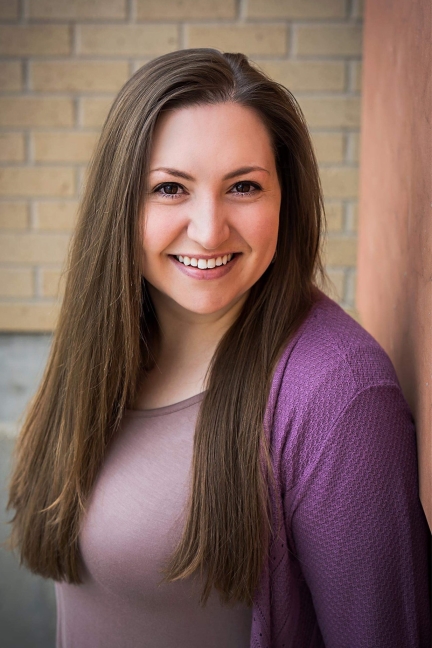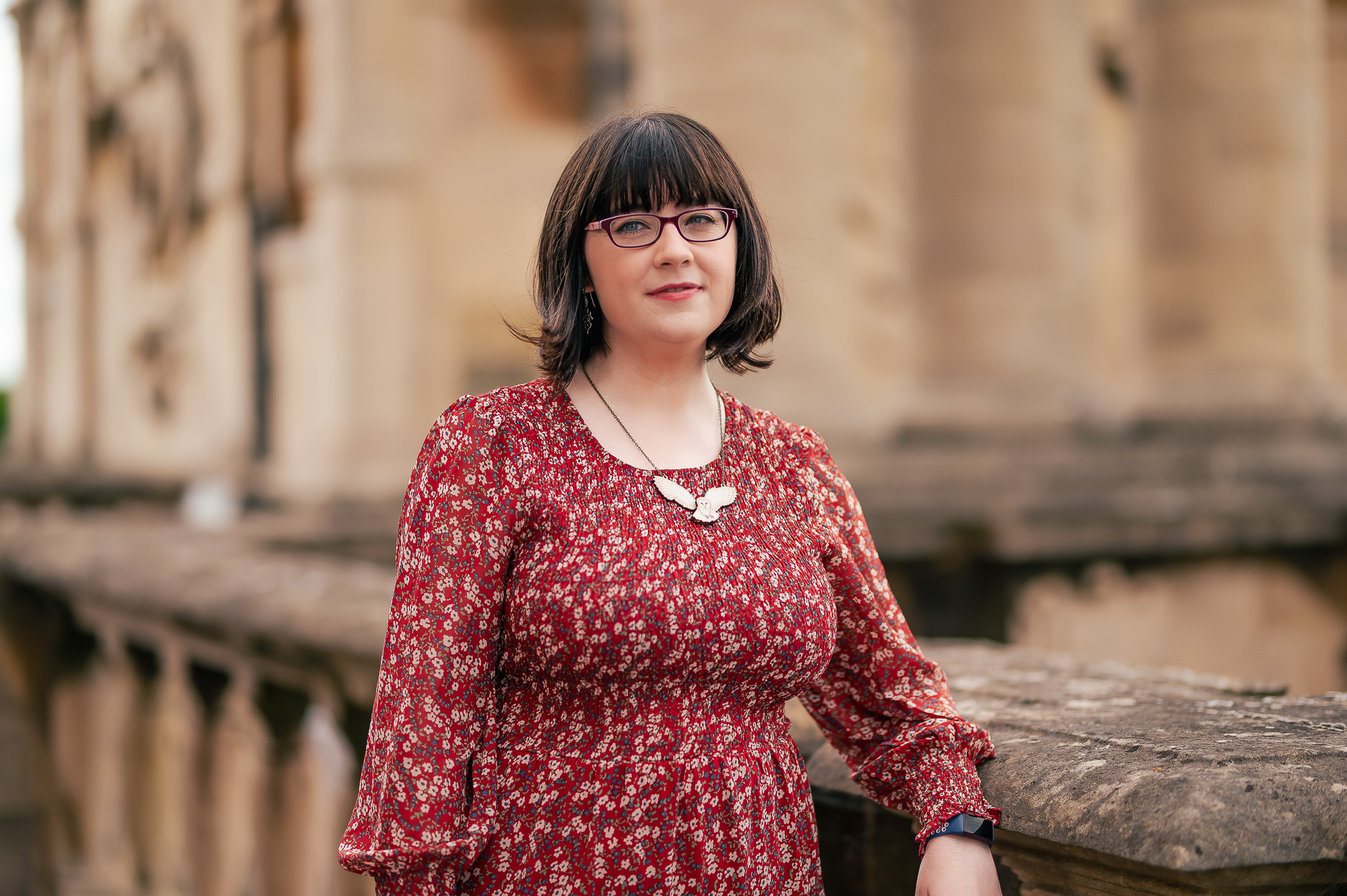Tricia Levenseller is the author of many young adult fantasy books, including the Daughter of the Pirate King duology. Her latest novel, Vengeance of the Pirate Queen, set in the world of Daughter of the Pirate King, hits shelves next week! We’re so excited to feature Tricia on our blog this week to discuss publishing and writing tips of all kinds!
Hi! Can you tell us a little bit about yourself as a writer?
Absolutely! I write young adult romantasy! It’s the genre that finally turned me into an avid reader, and I love that I get to write these kinds of stories full time. All my books have action/adventure, romantic banter, sarcastic heroines, and some element of magic.
Your Daughter of the Pirate King duology is quite popular, and rightfully so! Can you tell us about your new book, Vengeance of the Pirate Queen?
I always knew I wanted to come back to this world to tell Sorinda’s and Kearan’s story. I purposely left things open-ended with them in the original duology for this purpose. I pitched the book to my editor as Pirates of the Caribbean meets The Mummy, and I think that sums it up very well. Readers can expect sea battles, sea monsters, romance, and an immortal antagonist.
What did your journey to publishing look like? What kinds of obstacles stood in the way of getting your first book out there?
It took me four books to get published. When I wrote Daughter of the Pirate King and queried it to agents, it was the 42nd agent who finally said yes. When we took the book on submission to editors, I’d been rejected by every major YA New York publishing imprint save one—the one that said yes. I was baffled by how many people said a pirate book would never sell or that pirate books were a middle grade concept. I had to really fight so many voices telling me that this book would never make it.
Writing full time sounds like a dream for many of us! Do you have any advice for authors looking to get to that point but still have to rely on a “day job”?
I’m not going to lie, it is excruciating getting to this point. First, I was a full-time student with a job, an internship, and a writing passion. I had to schedule my days out very carefully to manage all four. That meant sacrificing something. For me, it was sleep. I would wake up an hour before school every day to work on my novels. I didn’t sell a book until I was a couple years out of college. So I was writing with a full-time job. And even once I had a book contract, it was relatively small. Definitely not something I could live off of. It wasn’t until I sold my third book that I was finally able to quit and go full-time writing. The important thing is not to give up. If you love it enough, you have to be willing to sacrifice to get it. No one magically handed me a book contract or randomly gave me enough money to live off of. I had to work my ass off to get to where I am today. Another huge help was always making time to read in my genre. I cannot stress how crucial this is. Writers need to know what’s already been done in their genre so they can write books that stand out from the rest and have a better chance of success.
Do you ever get burnt out while writing? How do you get back into the groove?
All. The. Time. Honestly, I’m still trying to learn how to avoid burnout. It’s always a good idea to try and work out your schedule so you don’t feel rushed when writing. If you’re cramming a whole book into just a few months, it can make the process more stressful. If you’re able to manage your deadlines, do it. And give yourself permission to treat this like a job. For example, I don’t write on the weekends. That’s my time off, just like any other job. I also give myself days where I’m allowed to write whatever I want, rather than what I’m under contract for. Getting to write what sparks joy in the moment helps to avoid burnout.
You write a lot of high fantasy (one of the best genres, of course)! Do you have any methods you follow when it comes to developing the worlds of your stories or their magic systems?
I always start off a new project with plot, which for me is the combination of a cool concept and an interesting conflict. From there, I’m able to ask myself what kinds of magic or magical creatures, or other things would enhance the plot. Everything ties back into plot so that everything is relevant to the overall story. It’s simply a matter of asking myself questions and playing around with ideas until I find the right combination. I also recommend making lists of things you like when it comes to world building. For example, some things on my list might be settings near water, lots of trees, sentient cities/homes/forests/etc., deadly woods, and magical creatures. When you’re able to recognize the things that you love in stories, it helps to craft your own worlds with your own take on those elements.
Can you provide links to any websites or social channels you’d like readers to follow?
https://tricialevenseller.com/
https://www.instagram.com/tricialevenseller/
https://www.tiktok.com/@tricialevenseller
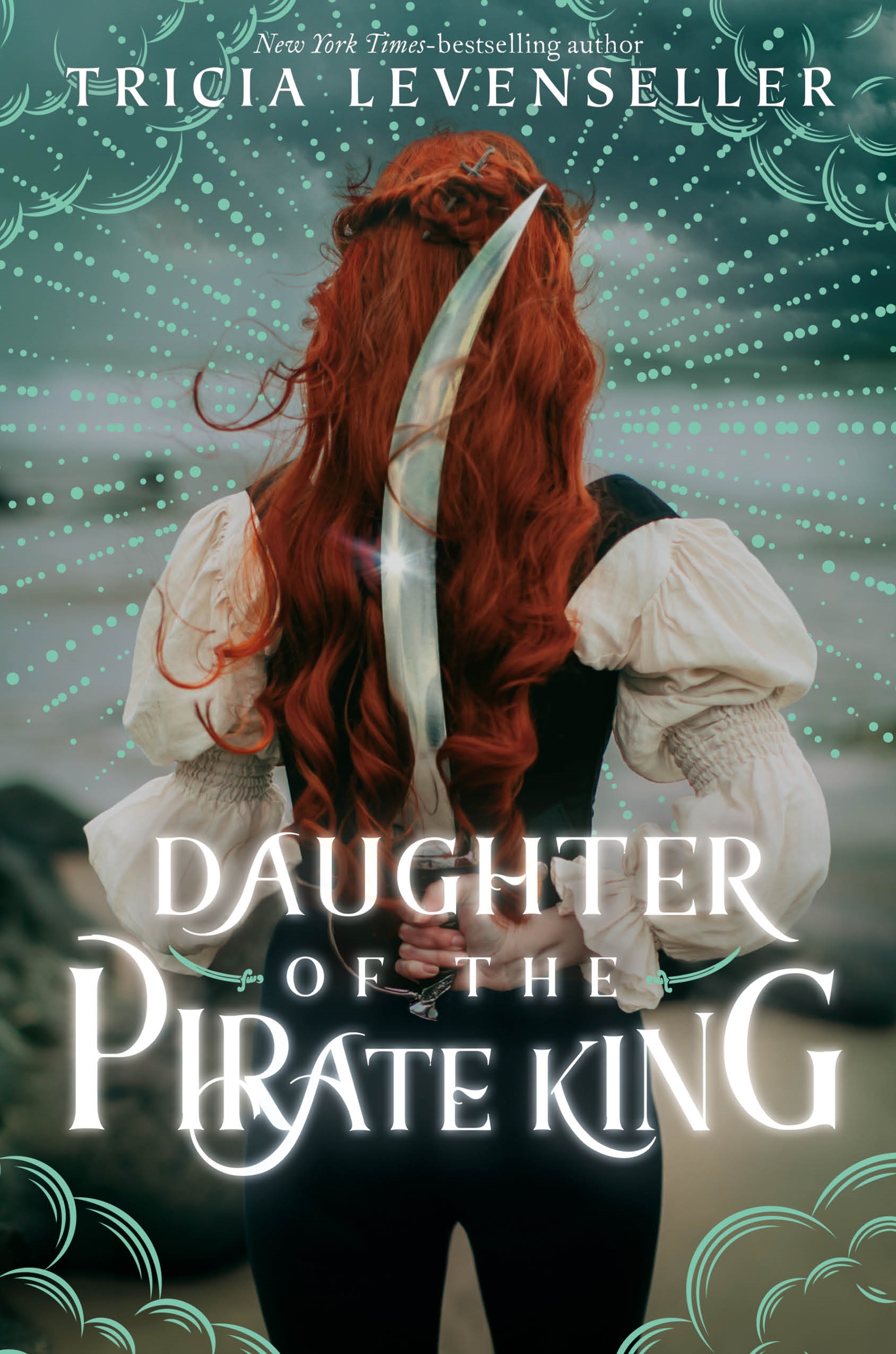
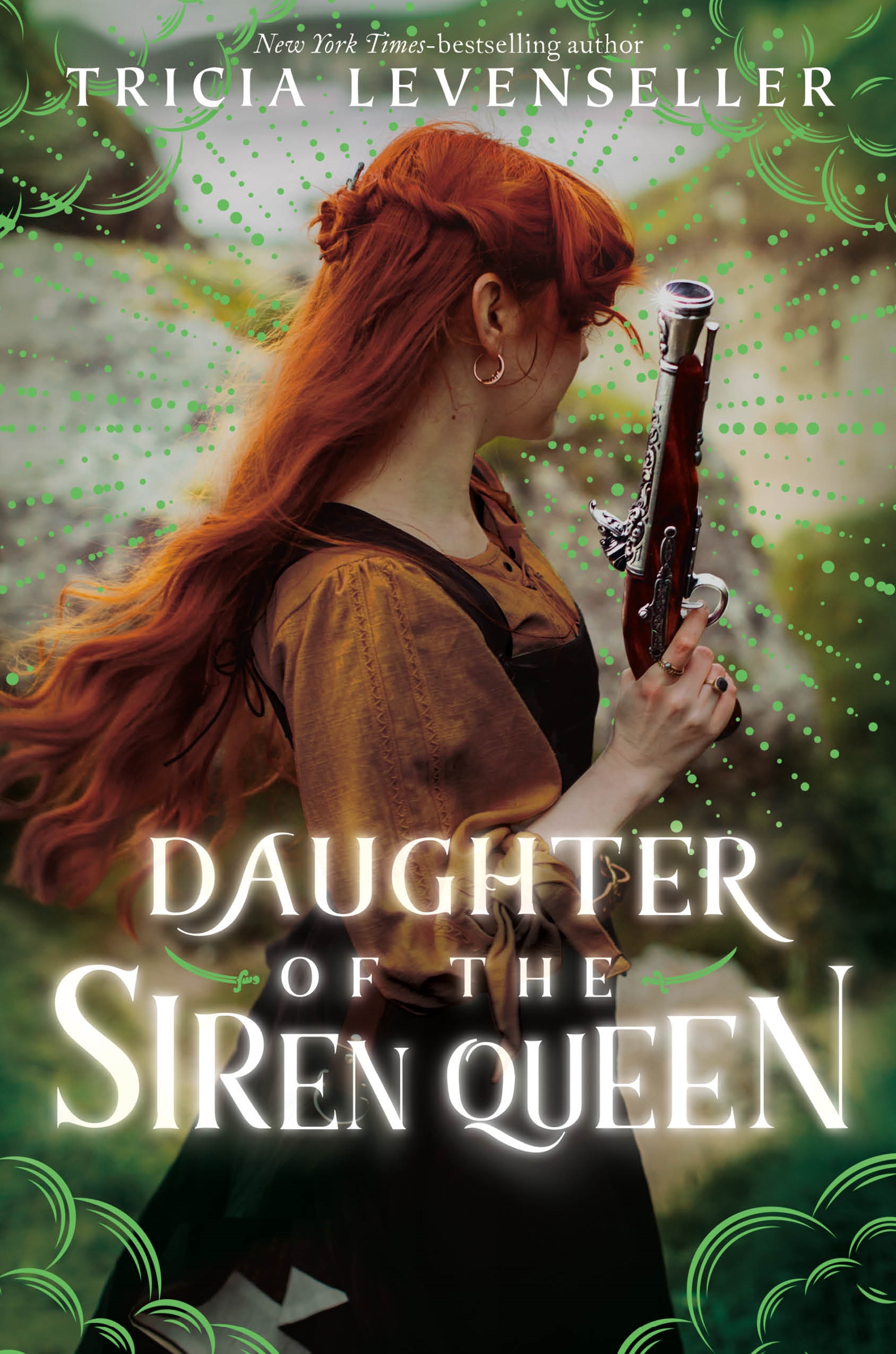
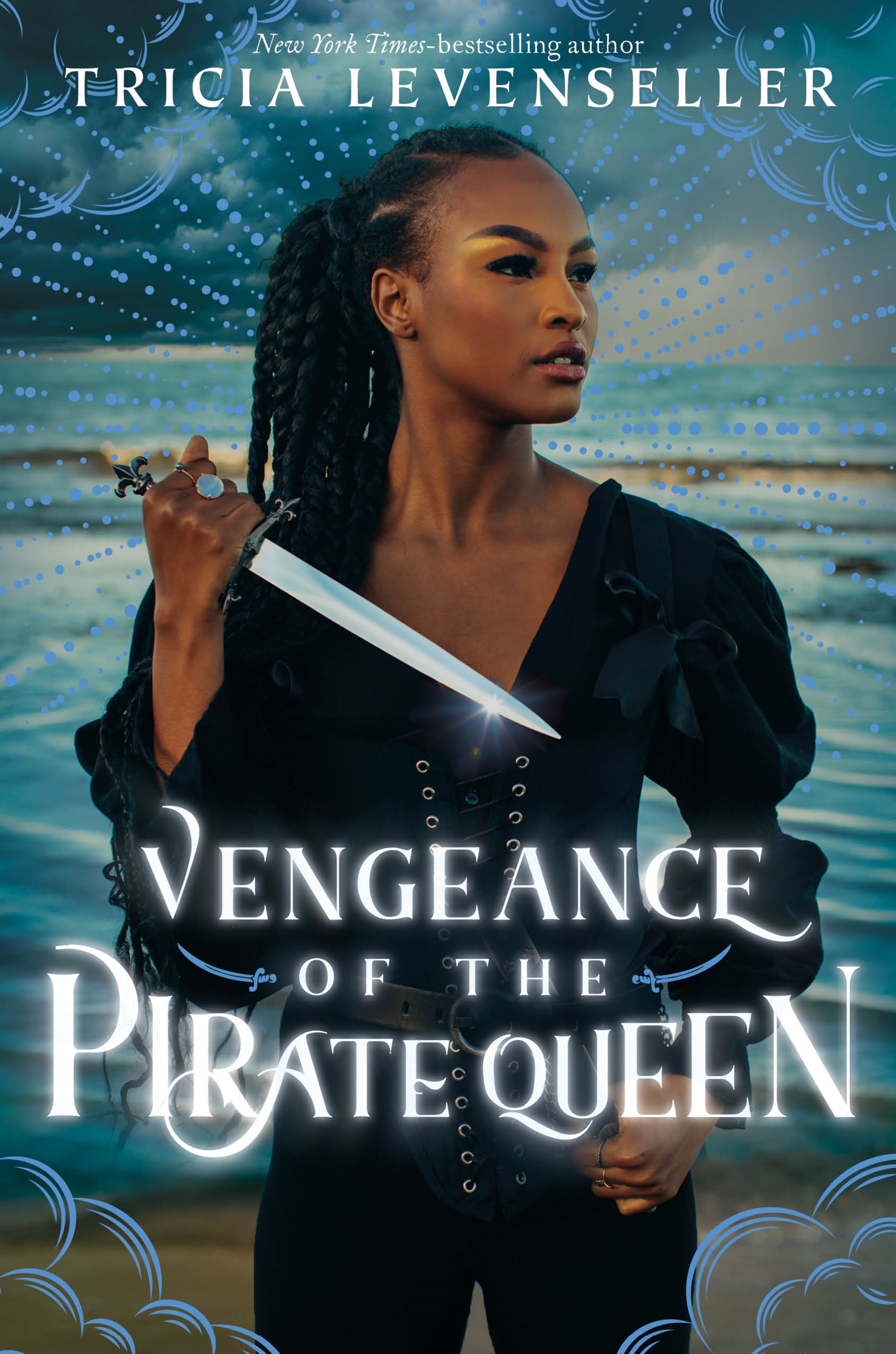
For more author interviews with writing and publishing advice, click here.
To sign up for Ready Chapter 1’s Peer Critique Forum to get fast, actionable feedback on your writing, click here.

